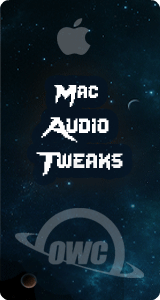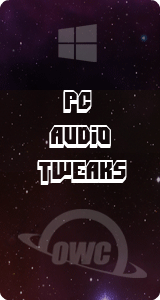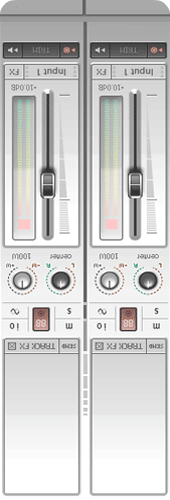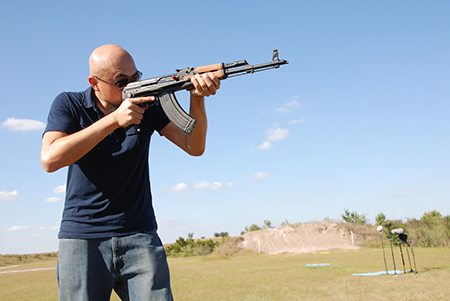Recording Loud Sounds with Watson Wu + Q&A
INTRO TO RECORDING LOUD SOUNDS:
If you are working on a low budget gig and had to record impact sounds (like metal on metal at a junkyard), I would recommend you use a black Zoom H2n handheld recorder. The newer version to the old H2 sounds Better and now comes with a fast responding limiter! Be sure to also acquire a light weight camera tripod and a Red Head Windscreen to block wind noise. Using a Red Head Windscreen Is A Must! With these potentially dangerous sessions, Always wear protective thick clothing, thick gloves, hat, and and eye protection.
Place your H2n at about 4 feet from the impact area. Start the recording at a low level and say into the mic what you are doing (like "Sledge hammer on car hood from 4 feet away"). Make sure each time before and after you swing the hammer that there are no extra sounds like handling noise or other human created sounds (lawn mowers etc). It's best to have about 3-4 seconds of silence before and after the impact hits. You always want to do your best to capture clean recordings. Doing this will save you time during editing and mixing. After multiple hits, stop and playback your recordings. I tend to like Sony studio headphones (you don't need to buy headphones above $125). Readjust the recording level and record again. Once you have achieved enough decent recordings, record some more. Re-position your H2n to a better spot or closer to the impact source.
If during playback you see that the levels are close to or above zero db, make a judgment call on how it sounds rather than what the levels tell you. The Limiter in the H2n can still sound pleasant (without nasty distortions) when compared to other low budget recorders. A few times when I had to use a Zoom H4n, the handheld recorder would clip and distort even at the lowest setting..
At the end of your session, do a data transfer with a memory card reader attached to a laptop or netbook. To be efficient, I often do this to again save time. After all, there's so much to pickup, clean up, and organize.
WATSON WU Q & A::
101: Is Watson Wu your real name?
WW: Yes it is! :-)
101: How in the world did you get into game audio?
WW: Over 10 years ago I read in a music magazine about composers working full time and making a decent living in video game companies. After finding and reading Aaron Marks' book "The Complete Guide to Game Audio", I saved up and attended events such as Game Developer Conference and E3. By networking with other professionals in these conferences, I found and started doing contract work with various companies.
101: Whats your favorite project that you've worked on?
WW: My favorite project I worked on is Transformers: War for Cybertron for Xbox360, PS3, and Windows.
101: Why does that one stand out?
WW: For Transformers: War for Cybertron, Activision/High Moon Studios gave me the creative room to audition and field record many many expensive exotic, muscle, and truck vehicles. I've been a Huge fan since the 1980s cartoons!
101: Whats your earliest memory of a video game?
WW: Back in the early 80s, my family owned an arcade so I had the master key to give myself infinity lives. I would say Pac-Man and Harlem Globetrotters pinball machines were my earliest memories.
101: What is your favorite gun (point blank range)?
My favorite point blank range gun would be the Glock .40 caliber semi-auto pistol with a 28 round magazine.
WW: What is your favorite gun (20 feet)?
My favorite gun at 20 feet or further would be the AK-47.
101: Whats your preferred field setup gear-wise?
WW: My preferred gear for the field would be my Sound Devices recorders and mixers. I often use my Holophone, Neumann, Sennheiser, Shure, Rode, DPA, etc microphones with various windshield kits.
101: Whats your preferred workflow studio-wise?
WW: Depending on who I'm working with or for, I may have to adjust my setup. The Fastest way to edit is Vegas Pro and Sound Forge. For intense plugins and mixing, ProTools is the way to go!
101: Do you think we've reached a saturation point with audio technology?
WW: No we have not reached a saturation point with audio technology. In the future, our special bullet proof smartphones (like the iPhone 40s) will have 40 built-in nano microphones all protected from wind and weather. In addition, they will be able to project a very large virtual mixing console and have 40 invisible studio monitors for playback. You don't believe me? Are we human beings now flying higher than birds can??
101: How can younger folks navigate this constant downpour of plugins and gear?
WW: Younger folks should get sound advice on what they want to do and properly meet their goals. Does one really need ProTools and an expensive set of studio monitors for everything they do? No! I would rather have more microphones with a cheap DAW system than just an expensive DAW. I've heard Outstanding mixes with a cheap computer and software. This Is Possible! Train your ears to listen and adjust and you'll be on your way. Learn how to use what you have, not what you want.
101: What advice would you give to students seeking their dream job in game audio?
WW: Always refine your skills. Read all game audio related publications. You must have great looking business cards with your full name and contact information clearly printed. Don't settle for home making kits. Go to an online professional print shop. They will make you look good! Attend all conferences especially GDC (Game Developer Conference). When you're not there, NO ONE WILL KNOW WHO YOU ARE!! *Oh, if you don't play video games, don't do game audio...
101: What advice would you give to pro's who spend huge amounts of time in studio, with face mashed up against a screen?
WW: Don't spend all of your time in the studio. It's Not good for you. At least once a week get outside in the sun and record something. Use these recordings in your mix. This is Real Life! :-)
A Handheld recorder is not true field recorder. A True field recorder is when you can attach a microphone housed in a blimp to a shoulder strapped recorder. This way you can adjust the recording level with a free hand without handling noise. In addition to (with a free hand), you can move objects to make sounds, etc.
To End this: When a hiring person says "No" to you. This means "not right now". It doesn't mean "Never". Always be kind, patient, and professional with your responses and contact methods. Another word, please do not stalk a hiring person.
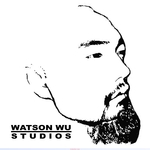
Watson Wu is a composer and sound designer. He has a Music Education B.A. degree from Florida International University (focused on composition, conducting, piano, voice, sound engineering). With the passion for creating new sounds, Watson started his career in the video game industry back in 2001. His first contract job was to compose original tracks for a downloadable music puzzle game. There were great articles and Aaron Marks' value book The Complete Guide To Game Audio which sparked an interest to attend networking events such as Game Developer Conference and E3. Since then projects varied from field recordings of race cars in Transformers: War for Cybertron, Need for Speed, music for Warhawk, to creatures in Maxis' Spore.




